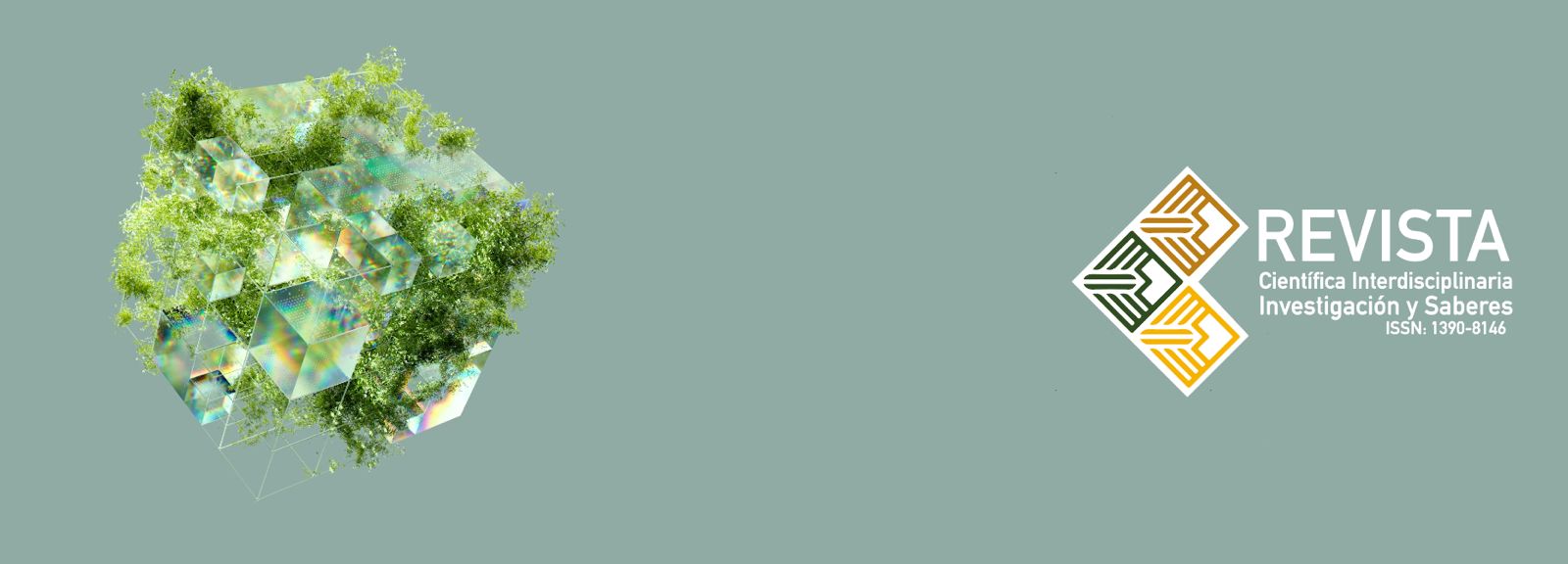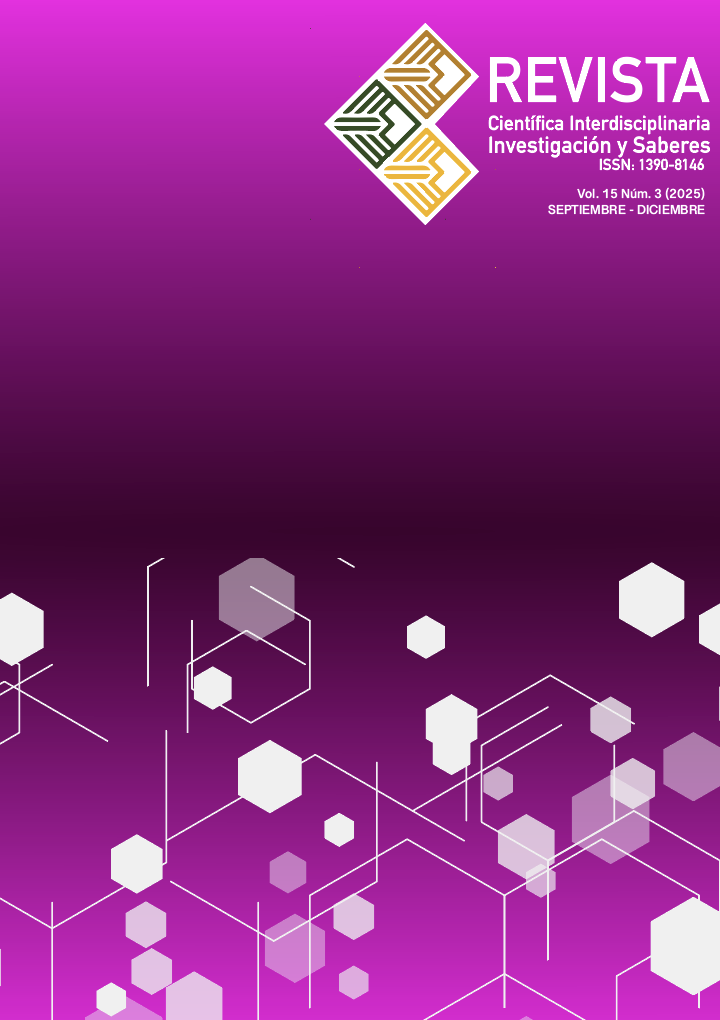
The Interdisciplinary Scientific Journal Investigación y Saberes, is a refereed scientific journal, specialized in social sciences and related areas, dedicated to the continuous publication of unpublished research papers, publishing 3 issues during the year in January, May and September.
The objective of the journal is oriented to the dissemination of research and characterized mainly by the innovation factor. It is intended that the Journal integrates the ease and accessibility of social and scientific media, with the precision and rigor required by the research results, so that it is useful to society and attractive to recipients without losing the strength of expression and scientific rigor. The journal does not maintain any cost for the reception, evaluation or publication of the submitted papers . Its publishing entity is the Technical University “Luis Vargas Torres” of Esmeraldas - Ecuador, through the Vice Rectorate of Research, Innovation and Graduate Studies , which annually finances the editorial process.
All articles submitted to the journal for publication will be evaluated in first instance by the Editorial Committee in attention to the relevance and compliance with the basic rules of presentation, in second instance will be subjected to a process of double-blind peer review which are considered according to their special.
At present the journal is indexed in:
Current Issue
Vol. 15 No. 3 (2025): September - December
The September-December journal of the Interdisciplinary Scientific Journal Investigación y Saberes* presents a series of research projects that stand out for their innovation in the field of education. This volume, published by the Luis Vargas Torres Technical University, addresses the integration of emerging technologies and advanced methodologies in education, reflecting a commitment to academic excellence.
One of the main articles analyzes the impact of artificial intelligence on learning, focusing on teaching experiences. It highlights that, although AI can personalize learning and improve pedagogical processes, it is essential to strengthen the technological training of educators and establish policies that promote its use.
Another important study reviews computational thinking in basic education, highlighting its benefits for cognitive development. It concludes that this skill not only improves logical reasoning and creativity, but should also be key to educational innovation in Latin America.
In addition, it explores student perceptions of generative artificial intelligence, showing a high degree of familiarity but mostly instrumental use. This underscores the need for more effective teacher mediation to promote critical and creative use. This volume offers a comprehensive overview of current educational trends, providing a solid foundation for future research and pedagogical practices, and reaffirming its role as an essential forum for the development of contemporary educational strategies.
Published: 2025-09-10

